Installation and maintenance of high-speed paper cup making machines are crucial aspects of ensuring smooth operations in paper cup production facilities. These machines play a vital role in producing large quantities of paper cups efficiently and effectively. Proper installation and regular maintenance not only help in maximizing the machine's performance but also contribute to prolonging its lifespan. In this article, we will discuss the essential steps for the installation and maintenance of high-speed paper cup making machines.
1. Site Preparation
Prior to the installation of a high-speed paper cup making machine, it is important to prepare the site properly. The area where the machine will be installed should have sufficient space to accommodate the machine and allow easy access for maintenance purposes. Additionally, the flooring should be level and sturdy to ensure the machine operates smoothly without any vibrations that could affect its performance.
2. Unpacking and Assembly
Once the site is prepared, the next step is to unpack the machine and assemble it according to the manufacturer's instructions. It is essential to follow the assembly guidelines carefully to ensure that all components are correctly put together. This includes installing the paper feeding system, cup forming unit, heating elements, and other essential parts of the machine.
3. Electrical Connections
After the machine is assembled, the electrical connections need to be properly set up. This includes connecting the machine to the power source following the voltage and current requirements specified by the manufacturer. It is important to ensure that the electrical connections are secure and that all safety precautions are taken to prevent any electrical hazards.
4. Machine Calibration
Once the machine is assembled and the electrical connections are in place, the next step is to calibrate the machine. Calibration involves adjusting the settings and parameters of the machine to ensure that it operates at the desired speed and produces paper cups of the required quality. This process may require fine-tuning and testing to achieve optimal performance.
5. Regular Maintenance Checks
Maintaining a high-speed paper cup making machine is essential to prevent breakdowns and ensure consistent production output. Regular maintenance checks should be carried out on a scheduled basis to inspect the machine for any signs of wear and tear, lubricate moving parts, and replace any worn-out components. By conducting preventive maintenance, potential issues can be identified and addressed before they escalate.
6. Cleaning and Sanitization
Keeping the high-speed paper cup making machine clean is crucial for maintaining hygiene standards and preventing contamination of the paper cups produced. Regular cleaning should be performed using approved cleaning agents to remove any accumulated debris, dust, or oil residue. Additionally, sanitization procedures should be implemented to ensure that the machine and its components are free from harmful bacteria.
7. Troubleshooting and Repairs
In the event of any malfunctions or issues with the high-speed paper cup making machine, troubleshooting should be conducted promptly to identify the root cause of the problem. Depending on the complexity of the issue, repairs may need to be carried out by trained technicians to ensure that the machine is restored to full working condition. It is important to address any issues quickly to minimize production downtime.
8. Training and Safety
Proper training should be provided to operators and maintenance staff on the operation and maintenance of the high-speed paper cup making machine. This includes instruction on safe operating procedures, handling of the machine, and emergency protocols. Ensuring that personnel are well-trained and aware of safety practices can help prevent accidents and ensure the efficient functioning of the machine.
Conclusion
Installation and maintenance of high-speed paper cup making machines are essential processes that contribute to the overall efficiency and longevity of the equipment. By following the proper steps for site preparation, assembly, calibration, maintenance checks, cleaning, troubleshooting, and training, paper cup production facilities can ensure that their machines operate at peak performance levels. Investing time and resources in the installation and maintenance of these machines is key to achieving consistent and high-quality paper cup production.




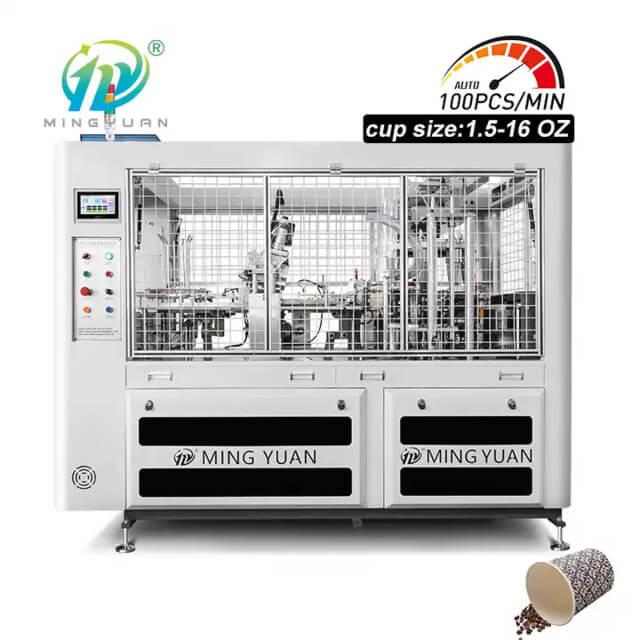
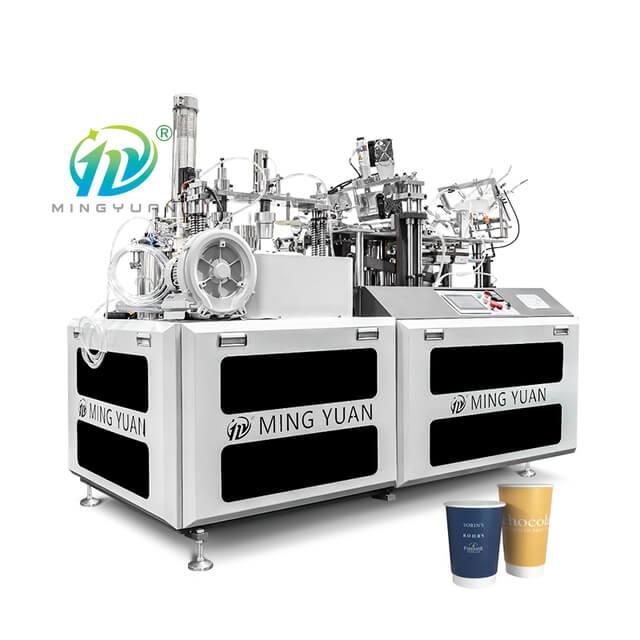
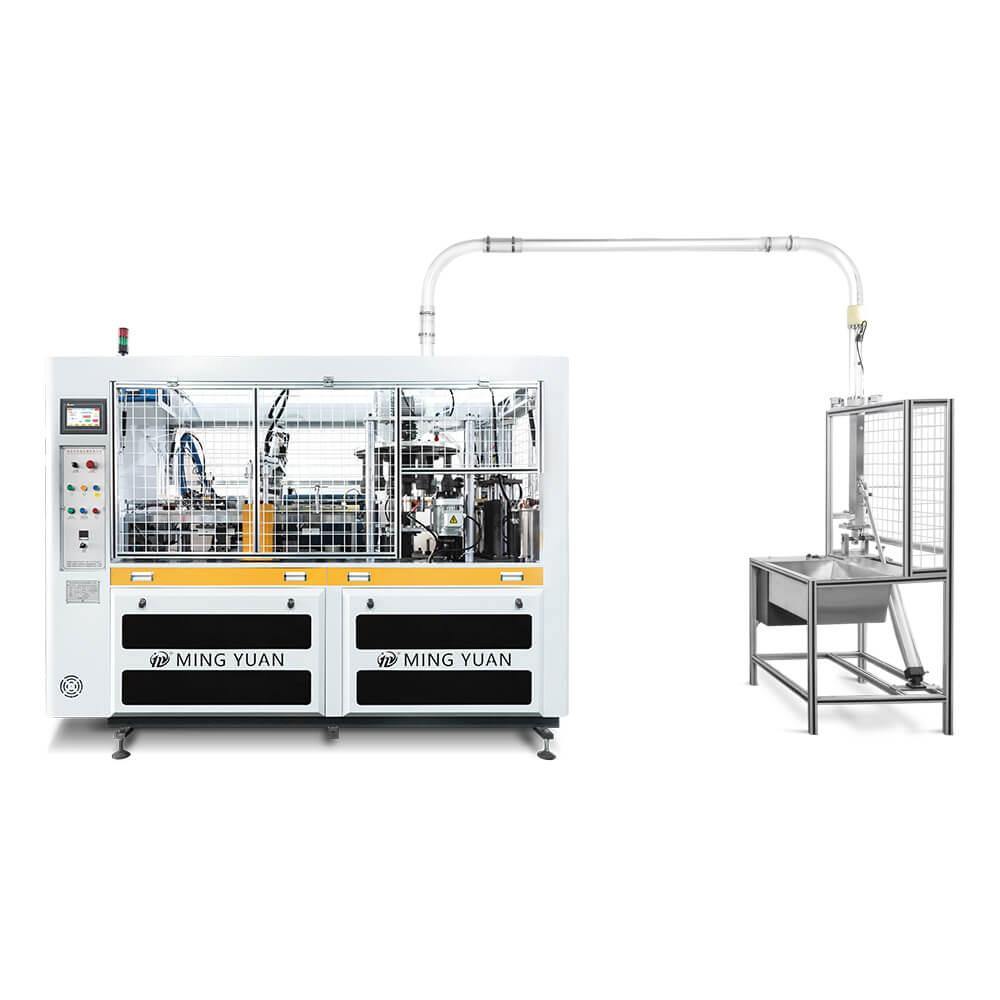
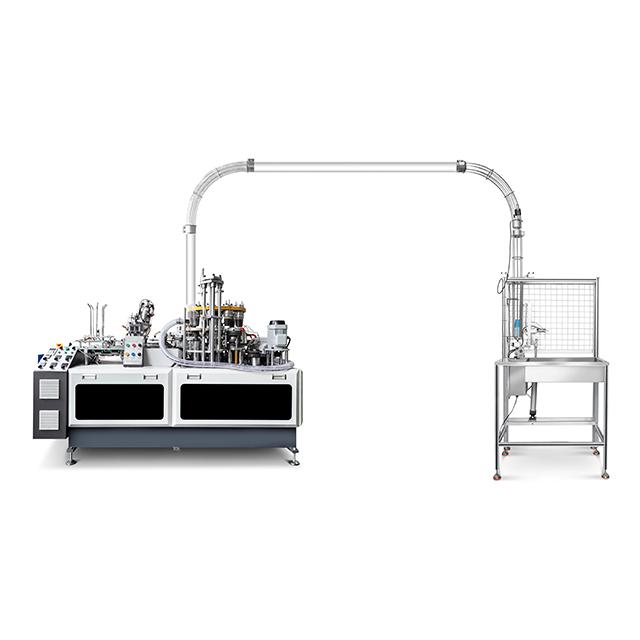
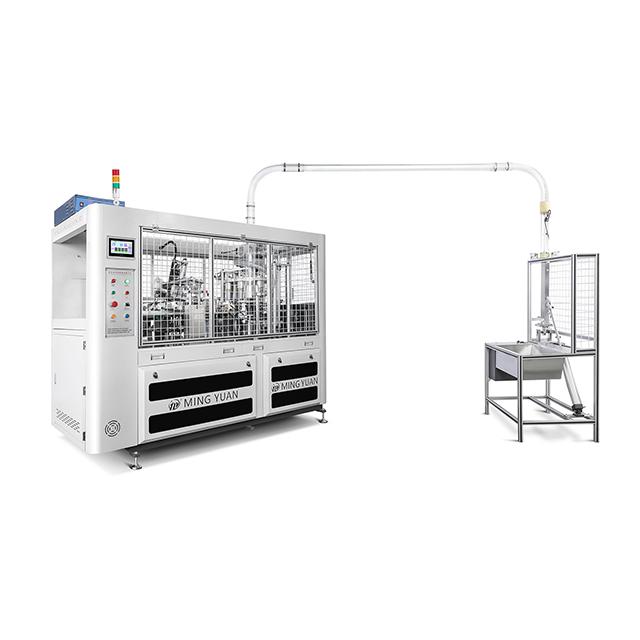
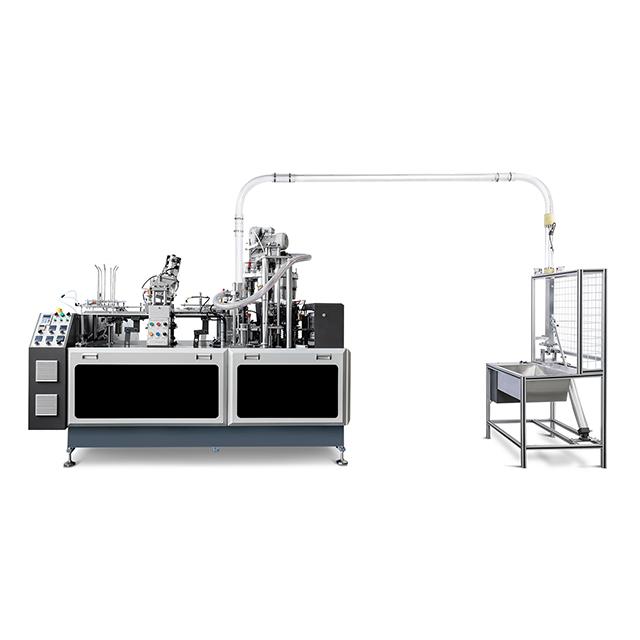
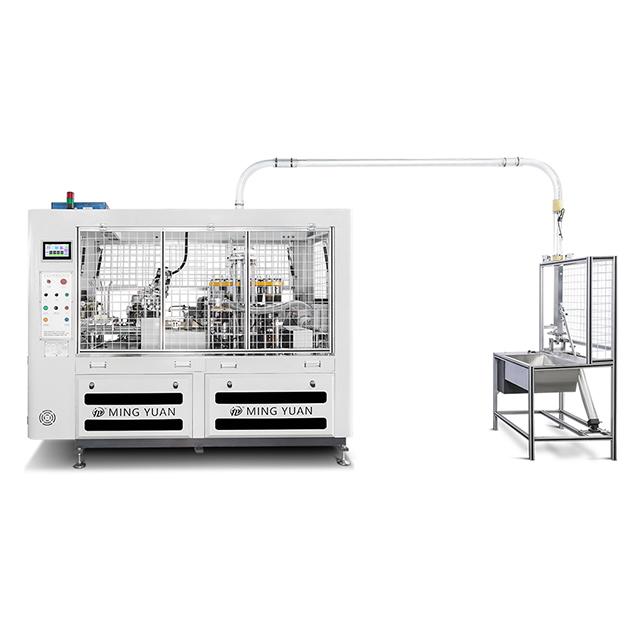
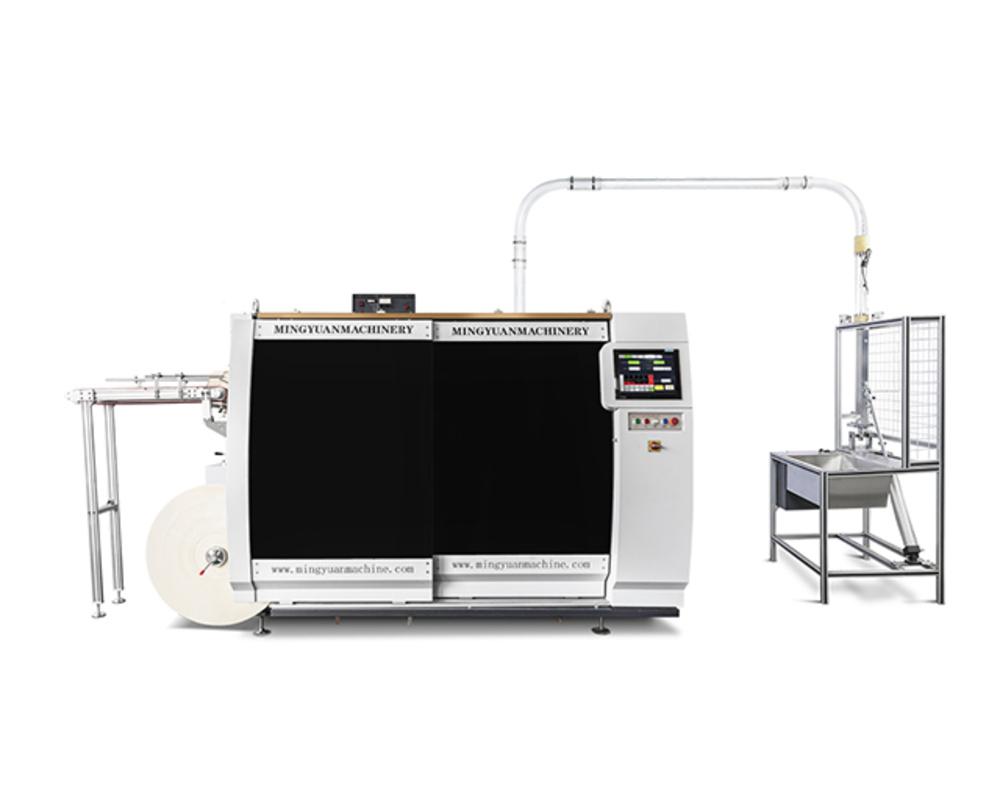

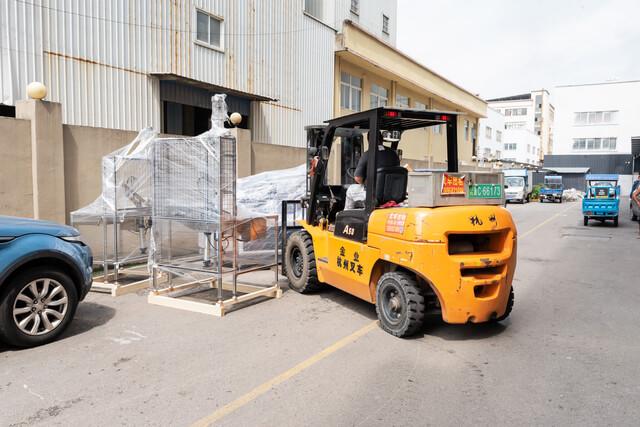
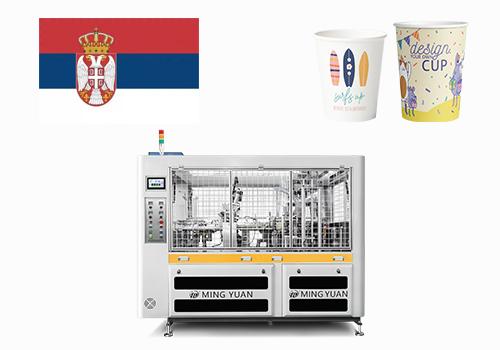

 Tel: +86-19057361870 / +86 577 65567060
Tel: +86-19057361870 / +86 577 65567060  Email: paperproductwholesaler@gmail.com
Email: paperproductwholesaler@gmail.com MP/WhatsApp: +86-19057361870
MP/WhatsApp: +86-19057361870 Manufacturer Address:No.1588, Huaming Road, Feiyun Street,Ruian City Zhejiang Province -325200 China
Manufacturer Address:No.1588, Huaming Road, Feiyun Street,Ruian City Zhejiang Province -325200 China




